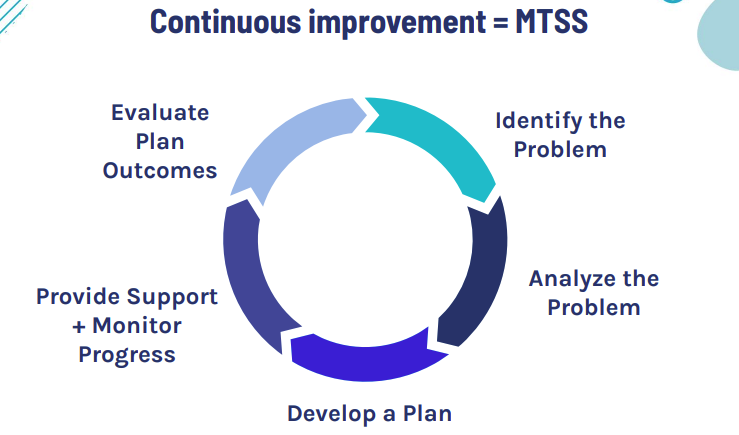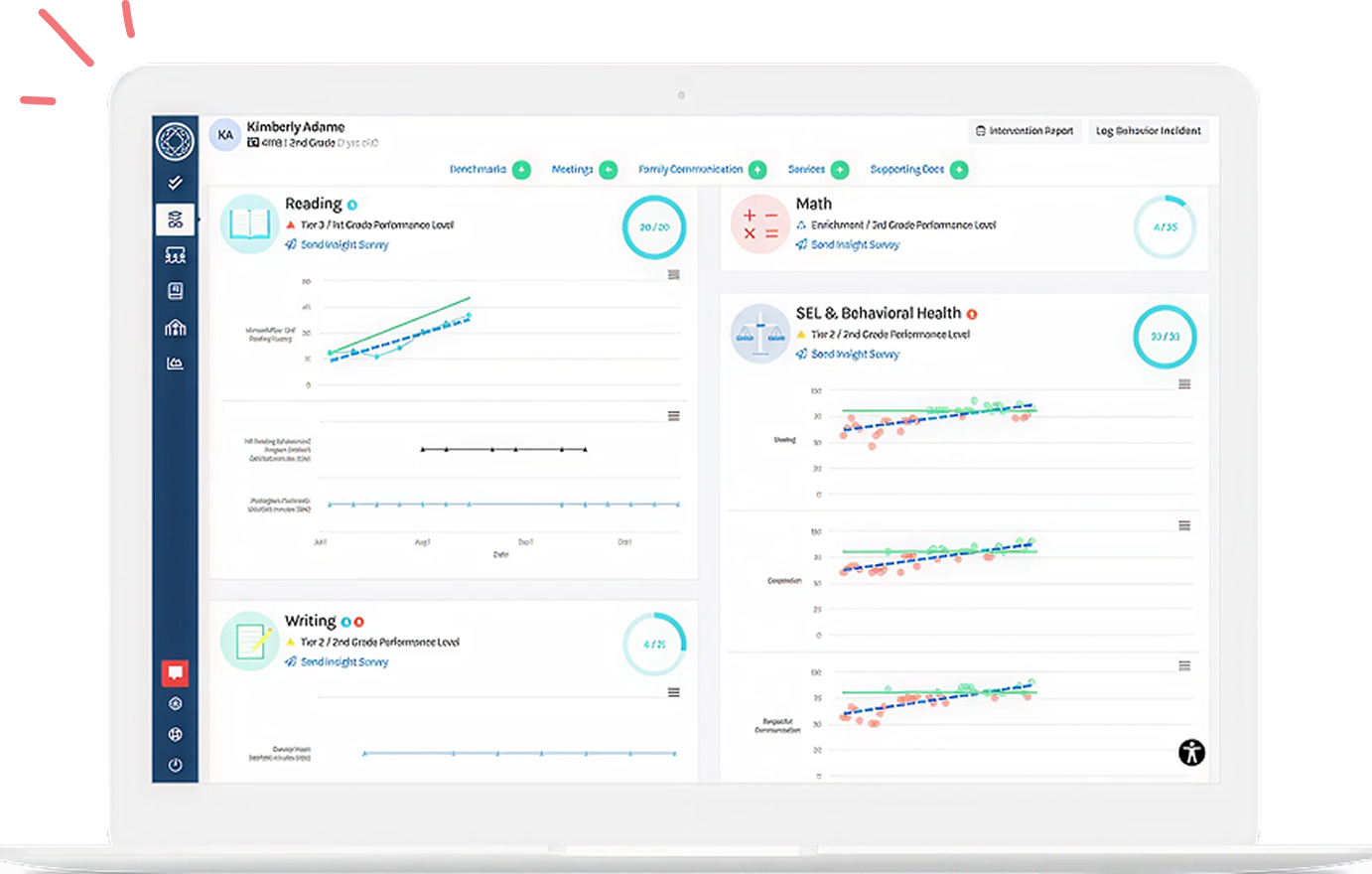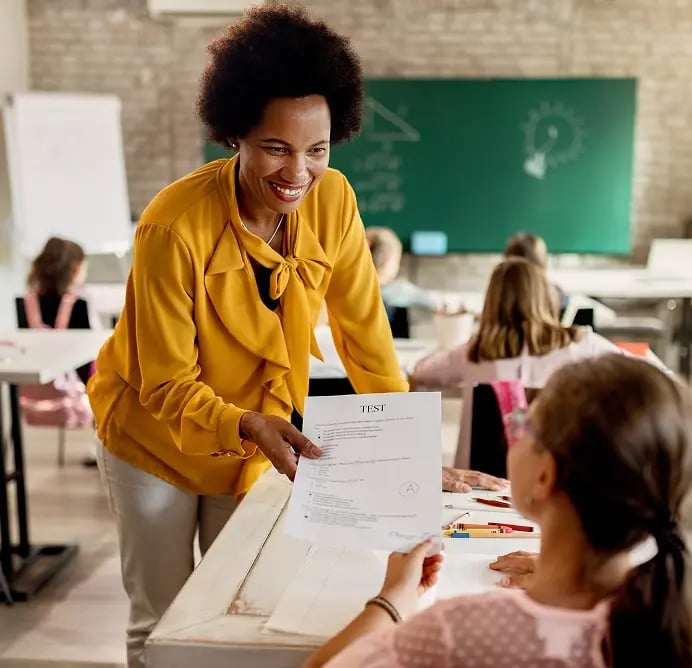During our recent webinar, “Mindset Is A Resource,” Karen Castle, BRM Executive Director of Professional Learning, and Lauren Schultz, BRM Professional Learning Services Manager, provided insight into how cultivating the right mindset can impact an MTSS practice. They discussed how to address barriers to a growth mindset and some practical strategies to improve your team’s collaboration.
| Want to skip ahead to the webinar recording? WATCH THE WEBINAR |
3 Ways to Improve and Cultivate a Growth Mindset
1. Changing “Yeah, But” to “Yes, And”
When trying to enact change or do the work to transform schools, one of the common barriers is the phrase “Yeah, but…” meaning that someone agrees but right away offers an excuse or reason why something will not change or work.
- “Yeah, we would love to talk data, but we don’t have time to meet.”
- “I’d love to give the kid that intervention, but can’t get it purchased.”
The key is establishing a culture of saying “Yes, And..” Saying “Yes” in agreement with the truth of the reality of a situation, then adding “And” to indicate the things to do to make a positive difference. It is not about convincing people that the problem is not bad, but is instead putting focus on what we can control.
Here are a few examples:
- “We don’t have time to meet.”
- AND I could try to communicate updates asynchronously in a shared space
- AND we can all plan better so the time we have is more effective
2. The Power of Positive Intent
Collective efficacy is a vital to the work of MTSS. A shared vision that we can work together to support each student toward success enables everyone on the team to assume positive intent in others, including colleagues, administrators, and parents. A positive, solution-focused mindset helps build the team approach necessary to accomplish common goals.
3. The Expectation of Continuous Improvement
Continuous improvement involves evaluating, analyzing, and making improvement plans to support students in unique ways. A growth mindset embraces the idea of always learning, and always taking that next step.

A growth mindset is a free but immensely valuable resource
in our work to support students and each other.
Learn more from the full webinar and check out our other leadership resources.
WATCH THE WEBINAR
Related resources you may find helpful:
|
From Compliance Focus to Progress Focus With an MTSS - Webinar Recap |
Check out our WEBINAR SERIES:
Citations
Dweck, Carol. 2016. “What Having a “Growth Mindset” Actually Means.” Harvard Business Review. https://hbr.org/2016/01/what-having-a-growth-mindset-actually-means.

About the author
Larissa Napolitan
Larissa Napolitan is the Content Marketing Manager at Branching Minds and host of the Schoolin’ Around podcast, where she spotlights innovative voices and practices shaping education today. A former middle school teacher and instructional coach, Larissa draws on her classroom experience to create meaningful content that connects research, storytelling, and practical insights for school and district leaders. She is passionate about amplifying educator voices and supporting the growth of all students.

Your MTSS Transformation Starts Here
Enhance your MTSS process. Book a Branching Minds demo today.

















.jpg?width=716&height=522&name=Summer-MTSS(preview).jpg)
